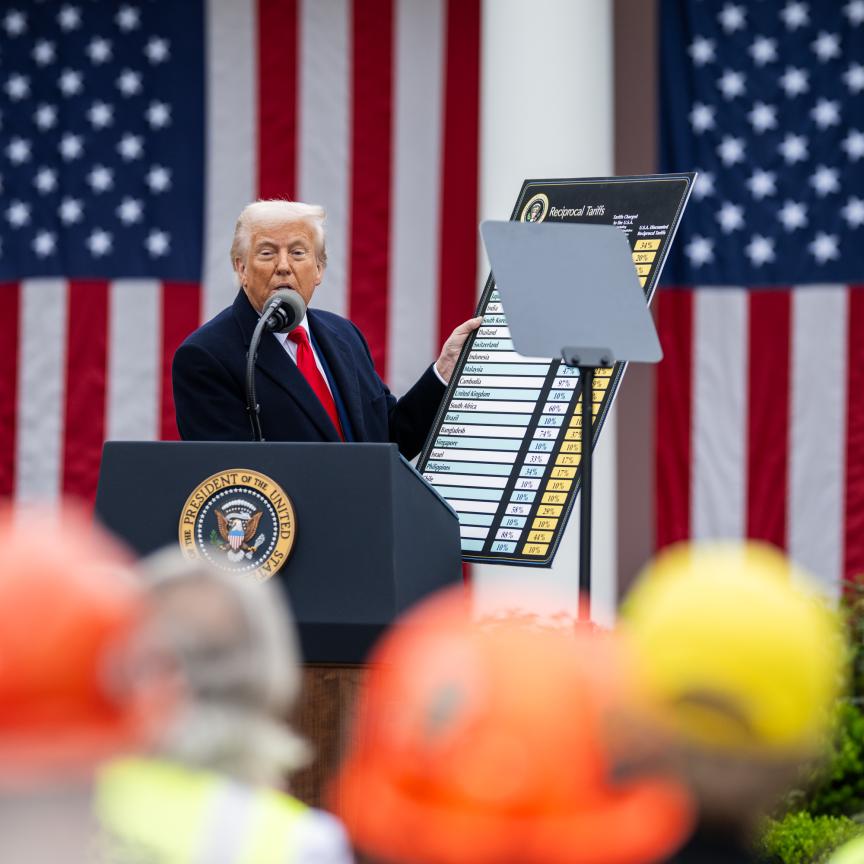While supply chain issues are starting to ease, the challenge of attracting the right staff remains the biggest problem many global photonics companies are facing. At today’s Photonics West Executive Insights panel, a packed audience heard that 2023 remains a difficult year.
John T C Lee, President and CEO of MKS Instruments, said the past 18 months had forced his company to up its game around recruitment and is now focused on training. A new approach to working has helped, but it wasn’t a total fix for the shortage of staff. “We now have a [working] policy that is hybrid. We had to do it because of Covid-19, but we have had to keep it for talent. We know we get more loyalty for the flexibility.”
Dr Stefan Traeger, President and CEO of Jenoptik, reported that Germany has a vocational training system but his firm still had to fight to find the right young people.
Donis G. Flagello, President and CEO, Nikon Research Corporation of America, believes there is a communication problem and that the industry has to do a better job of communicating the good that science does.
One issue critical to the sector is the desire of staff to move more fluidly between industry and academic opportunities. Karin Hinzer, Professor and Vice-Dean of Photonic Devices for Energy at the University of Ottawa, believes it needs to be encouraged. “It’s really not an either or. It’s good to let people go off into academia and then come back.” Dr Traeger agrees and said the industry has to be more open to people building different forms of careers.
On a broader scale, the energy crisis remains challenging. John T C Lee said: “Events come and go, but energy and sustainability is here to stay. Roughly 50% of the research and development projects in our chemistry division are focused on replacing chemicals that aren’t great.” Karin Hinzer summarised by saying that the ongoing push to further miniaturisation of products and more energy independence remained critical.


